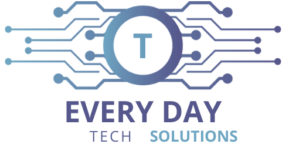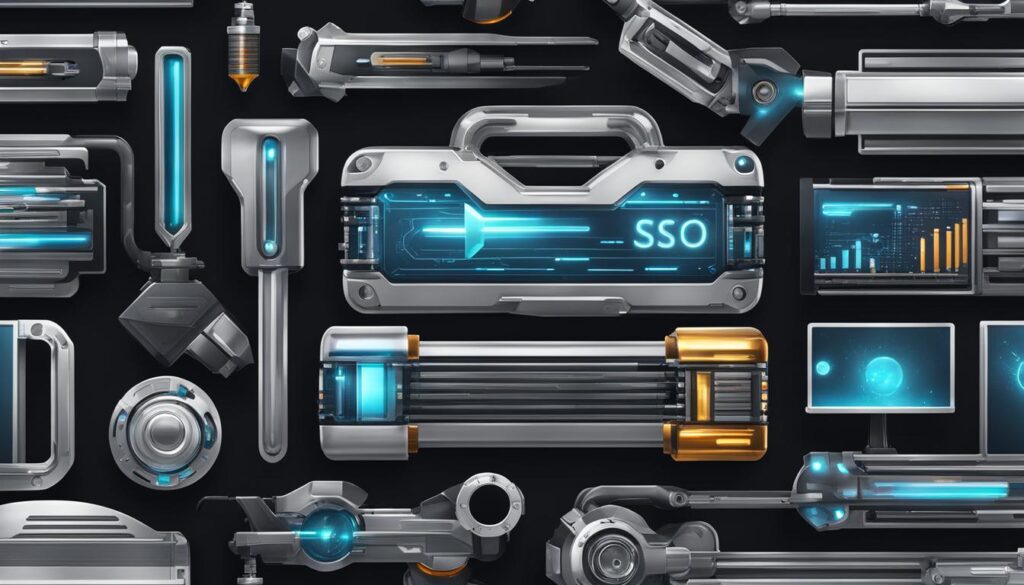Table of Contents
Hello, and welcome to this article where we will explore the exciting topic of AI product development and its potential to drive success for indie product developers.
As an indie product developer, I understand the unique challenges that come with bringing new ideas to life. It can be a daunting task to create a unique product that stands out in a crowded marketplace. That’s where AI comes in – a game-changing technology that can revolutionize the entire process of product development.
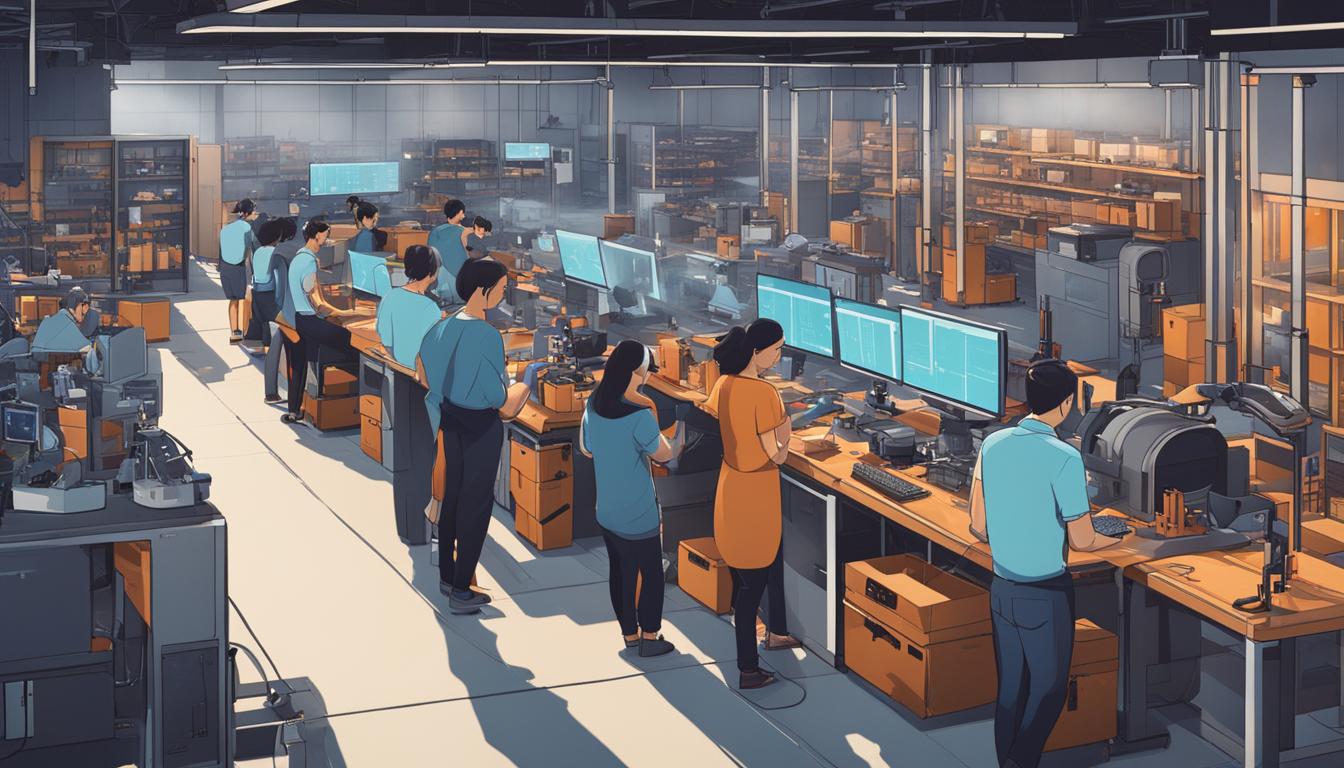
From ideation to prototyping, AI can assist at every step of the way, offering data-driven insights and enabling rapid iterations. Not only does this accelerate the product development timeline, but it can also enhance the quality and innovation of the final product.
Through the use of AI-powered product development, indie product developers can level the playing field with larger companies and gain a competitive edge in the market. So, let’s dive into the exciting world of AI product development and discover how it can drive success for indie product developers like you and me.
Key Takeaways:
- AI product development can revolutionize the entire process of product development for indie developers.
- AI offers data-driven insights and enables rapid iterations, accelerating the product development timeline.
- AI-powered product development can level the playing field with larger companies and provide a competitive edge in the market.
- By harnessing the power of AI, indie product developers can enhance the quality and innovation of their final product.
- AI product development is a game-changing technology that can drive success for indie product developers.
Exploring the Potential of AI in Product Design
When it comes to product design, there are many challenges that designers face in creating products that meet the needs of the market. Incorporating AI in product design has the potential to enhance the overall design process, resulting in more innovative and successful products.
AI-powered product design can assist in various aspects of the design process. Designers can utilize machine learning algorithms to analyze customer preferences and behavior patterns to create products that cater to their needs. By using AI, designers can also identify and mitigate any potential design flaws, resulting in a more refined and well-thought-out product.
One example of AI-powered product design is the use of generative design software. This involves inputting specific design parameters into the software, which then generates a variety of design options based on the given criteria. The designer can then choose the most suitable design to move forward with, streamlining the design process and improving the overall efficiency of product creation.
A major advantage of using AI in product design is the ability to automate repetitive tasks. This allows designers to focus on more critical aspects of the design process, such as ideation and experimentation. By automating mundane tasks, designers can save time and reduce the risk of errors.
It is important to note that AI-powered product design should not replace the human element of design. Instead, it should be seen as a tool to assist designers in the creation of successful and innovative products. By combining the strengths of AI and human design, designers can unlock new potentials and take their products to the next level.
AI-Powered Product Design Case Study: Adidas
Adidas is a prime example of a company that has successfully incorporated AI into their product design process. They have utilized AI algorithms to analyze customer feedback and input, resulting in a more personalized approach to product design. This has allowed them to create products that cater to the unique needs and preferences of their customers, resulting in increased customer satisfaction and brand loyalty.
Additionally, Adidas has implemented generative design software, allowing them to create more advanced and lightweight materials for their products. This software analyzes various design parameters to create optimal product designs that meet specific performance requirements. This has resulted in more durable and high-performing products that meet the needs of their customers.
Overall, AI-powered product design has the potential to revolutionize the design process, resulting in more innovative and successful products. By harnessing the power of AI in product design, designers can create products that cater to the needs of their customers, ultimately driving the success of their business.
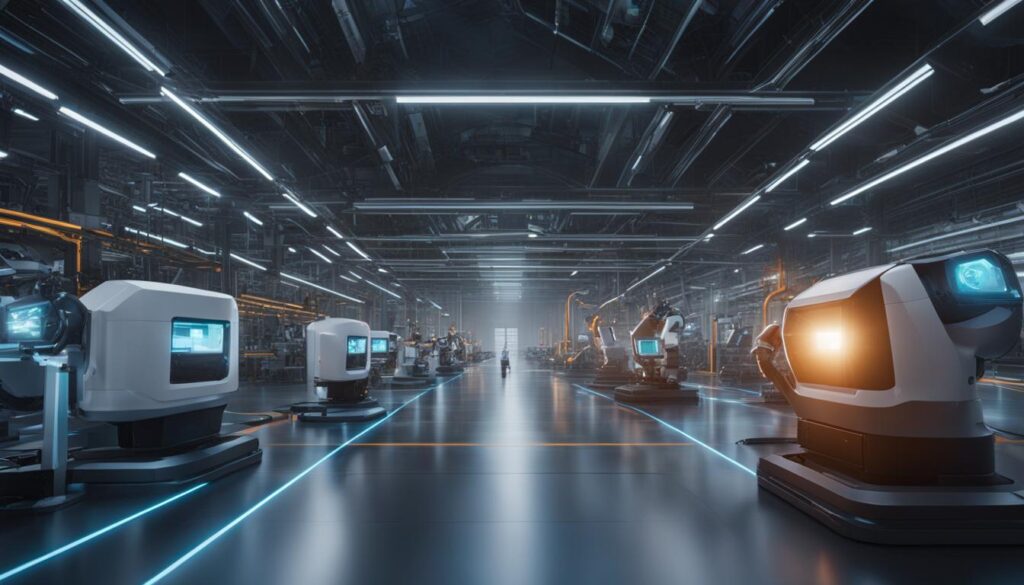
Prototyping with AI: The Key to Accelerating Product Development
As an indie product developer, I am always looking for ways to accelerate the product development process without compromising on quality. That’s where prototyping with AI comes in. By leveraging the power of artificial intelligence, I can streamline the prototyping process and bring my products to market faster than ever before.
One of the most significant benefits of using AI for product prototyping is the ability to iterate quickly. With AI, I can generate multiple designs based on different criteria, such as target audience, functionality, and aesthetic appeal. This approach enables me to test different options efficiently and identify the most promising design directions. Moreover, AI-powered prototyping tools allow me to build and refine product prototypes in a matter of days, instead of weeks or months, thus providing me with a significant competitive edge.
AI-Powered Prototyping Tools: Features and Benefits
AI-powered prototyping tools come with a range of features and benefits designed to enhance the product development process. Here are some of the most notable ones:
| Feature | Benefit |
|---|---|
| Automated design generation | Allows me to generate multiple design options quickly, saving me time and effort |
| Design optimization | Enables me to fine-tune designs based on various parameters, such as user feedback and market trends |
| Realistic simulations | Allows me to test product prototypes in real-world scenarios before investing in physical prototypes |
| Collaborative features | Allows me to share designs with team members and stakeholders, enabling faster decision-making and feedback collection |
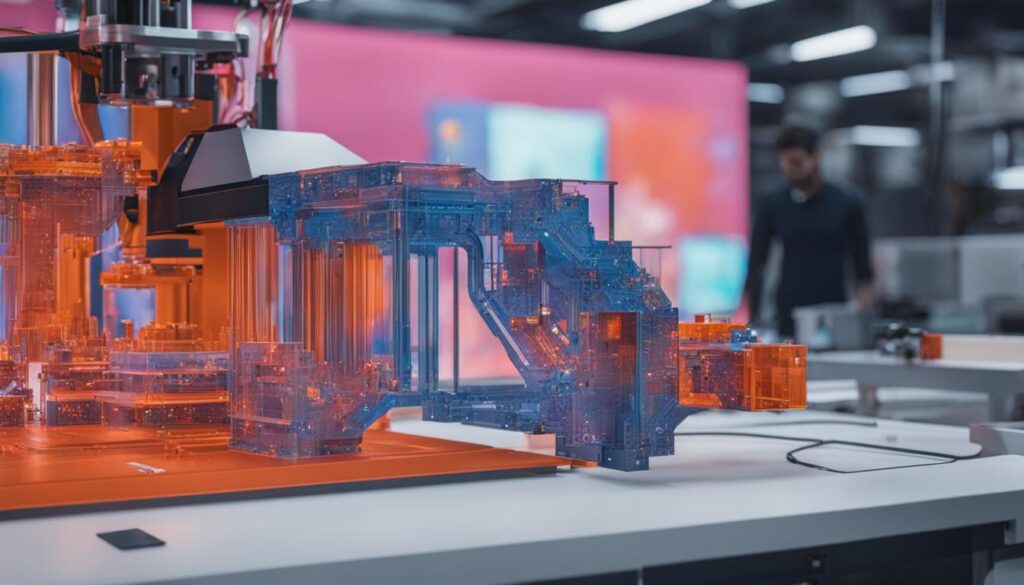
Another significant benefit of AI-powered prototyping is the ability to generate product designs that are optimized for specific requirements, such as cost, durability, and scalability. This approach enables me to design products that meet the needs of the market and are efficient to produce, reducing production costs and improving the product’s overall competitiveness.
Challenges and Limitations of AI-Powered Prototyping
Despite the many benefits of AI-powered prototyping, there are also challenges and limitations that indie product developers need to consider. One such challenge is the need for specialized AI expertise, which can be difficult to come by and expensive to acquire. Additionally, AI-powered prototypes may not always account for user preferences and feedback, requiring additional human input and refinement.
“While AI can streamline the prototyping process, it is still crucial to keep the end-user in mind and prioritize their feedback and preferences. AI is a tool to enhance, not replace, human creativity and intuition.”
Overall, prototyping with AI is a game-changer for indie product developers. By leveraging AI-powered prototyping tools, I can accelerate the product development process, optimize designs for specific requirements, and gain a significant competitive edge. While there are challenges and limitations to consider, the benefits of using AI in product development far outweigh the drawbacks.
AI-Powered Product Development for Startups
As a startup, staying ahead of the curve is key to survival and growth. AI-powered product development is a way for startups to gain a competitive edge and create innovative products that meet market needs. By leveraging the power of AI, startups can accelerate the product development process and bring their ideas to market faster than their competitors.
One of the primary benefits of AI in product development for startups is the ability to automate repetitive tasks. This allows teams to focus on the important aspects of product development, such as ideation, design, and prototyping. AI can also assist with identifying gaps in the market and predicting consumer demand, helping startups to create products that are more likely to succeed.
Real-World Example:
According to a study by McKinsey & Company, companies that harness AI in their product development process see up to a 15% reduction in time to market and up to a 30% increase in product development efficiency. This is particularly important for startups looking to bring their products to market quickly and efficiently.
Another advantage of using AI in product development is the ability to gather insights from large amounts of data. Startups can use this data to identify trends and patterns, which can help them make informed decisions about product development. Additionally, AI can assist with product testing, allowing startups to refine their products and make improvements based on user feedback.
Case Study:
| Company | AI Solution | Outcome |
|---|---|---|
| Levi’s | AI-powered design software | Reduced design time by 80% |
| Boxed | AI-powered inventory management | Decreased out-of-stock items by 30% |
| Spotify | AI-powered music recommendation system | Increased user engagement by 30% |
However, it’s important to note that integrating AI into the product development process can come with its own set of challenges. Startups may face issues with data privacy and security, as well as the potential for bias in algorithms. It’s crucial for startups to carefully evaluate their use of AI and implement ethical guidelines to ensure their products are developed responsibly.
Overall, AI-powered product development is a promising area for startups looking to innovate and succeed in the market. By leveraging the power of AI, startups can streamline their product development process, gain valuable insights, and create products that meet the needs of their target audience.

Navigating the Challenges of AI Product Development
As an indie product developer, I understand the challenges of navigating the fast-paced world of AI product development. While using AI can streamline the process and enhance the chances of success, there are also roadblocks to overcome.
Identifying the Challenges
One of the most common challenges in AI product development is the lack of expertise. The technology is relatively new, and not everyone has the skills or knowledge needed to use AI effectively. Additionally, there may be issues with data quality or compatibility with existing systems. These challenges can lead to delays or errors, which can be costly and frustrating for indie product developers.
Strategies for Overcoming Challenges
Fortunately, there are strategies that indie product developers can use to overcome the challenges of AI product development. For example, networking with industry experts can help to build the necessary skills and knowledge. Additionally, investing in AI training or partnering with companies that specialize in AI development can help indie product developers to access the resources they need to succeed.
Another strategy is to start small. Indie product developers can begin by using AI for specific tasks, such as data analysis or prototyping. This can help to build confidence and experience with the technology before taking on larger projects.
FAQ
What is AI product development?
AI product development refers to the process of leveraging artificial intelligence technologies and techniques to create and enhance products. It involves using AI algorithms and machine learning to augment various stages of the product development lifecycle, from ideation and design to prototyping and testing.
How can AI enhance product design?
AI can enhance product design by providing insights, automating certain tasks, and enabling faster iterations. With AI, designers can leverage data analysis and machine learning algorithms to gain a better understanding of user preferences, predict market trends, and optimize designs for improved user experience.
What role does AI play in product prototyping?
AI plays a crucial role in product prototyping by enabling rapid iteration and iteration. By utilizing AI algorithms, developers can generate realistic prototypes quickly, test various design options, and receive valuable feedback for improvements. This accelerates the overall product development timeline and reduces costs.
Why should startups consider AI-powered product development?
Startups can benefit from AI-powered product development as it offers numerous advantages. AI can help startups streamline their development processes, gain insights from data, and make data-driven decisions for product improvements. It can also enhance customer experiences and provide a competitive edge in the market.
What are the challenges faced in AI product development?
AI product development comes with its own set of challenges. Some common challenges include data quality and availability, algorithm bias, integration complexities, and the need for domain expertise. However, with the right strategies, such as proper data management and collaboration, these challenges can be overcome to drive successful AI product development.
